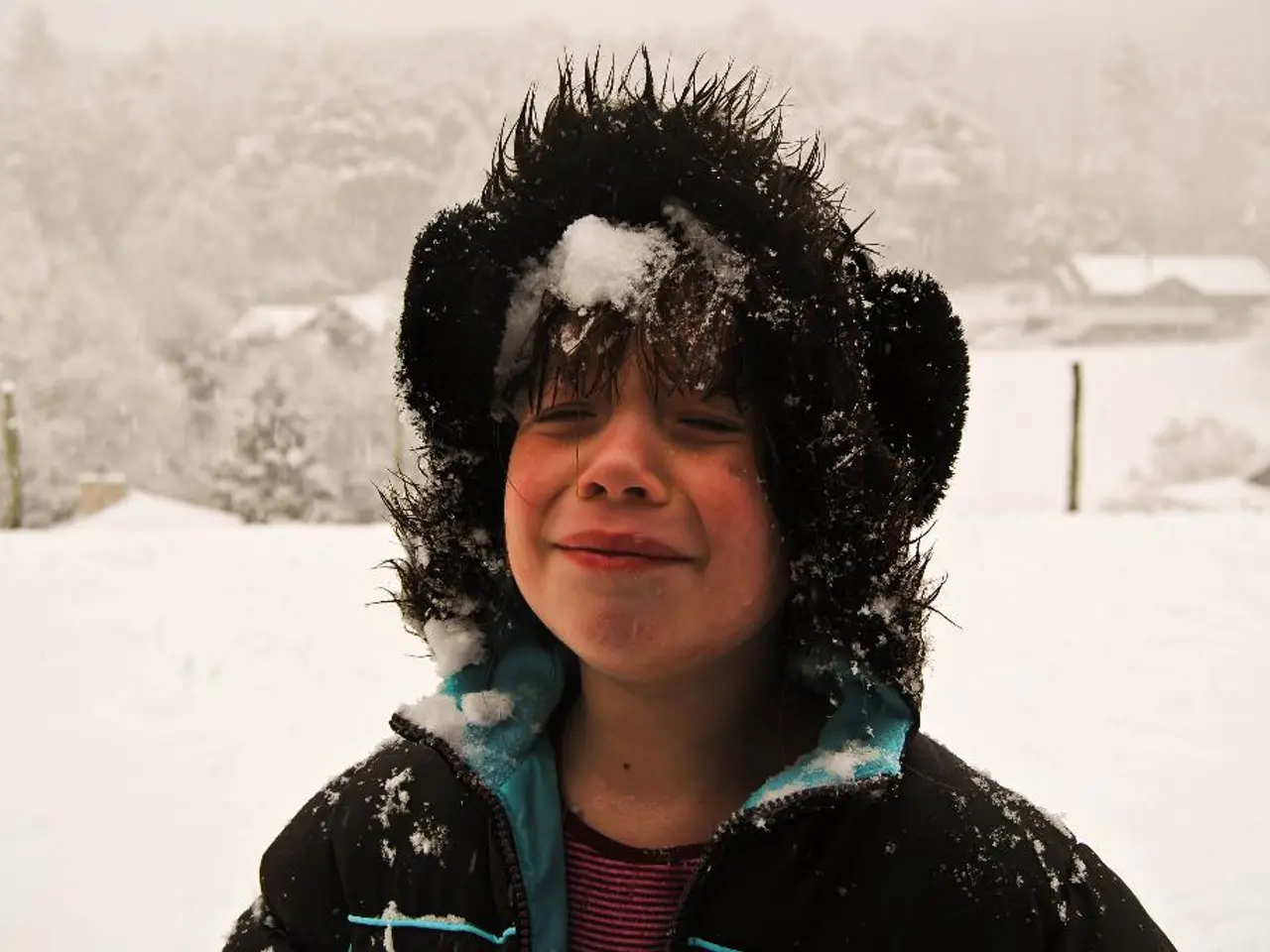Emotional Progression through Grief and Methods for Recovery
In the complex and often challenging journey of life, we encounter moments of loss that can leave us feeling overwhelmed. Grief, the natural response to loss, is not a linear process and can be repeated, with the stages potentially revisited during event anniversaries or when reminded of the loss.
Grief is characterized by seven stages, as outlined in a more comprehensive model, offering a road map for navigating the range of emotions connected to loss. These stages include denial, pain and guilt, anger and bargaining, depression and reflection, the upward turn, reconstruction and working through, and acceptance and hope.
Denial, the first stage, is characterized by a person's difficulty in accepting the loss. During this stage, one might find it hard to continue with everyday activities as though the loss never occurred. The second stage, pain and guilt, is marked by acute sorrow and feelings of guilt.
Anger and bargaining, the third stage, represent attempts to regain control or negotiate the loss. This is often followed by depression and reflection, where deeper sorrow and inward contemplation take place. The upward turn marks a gradual improvement in mood, leading to the stages of reconstruction and working through, where actively beginning to solve problems and adjust to a new reality is key.
Finally, acceptance and hope combine acknowledgment of the loss with optimism for the future. This stage is not simply resignation, but a resolute emphasis on personal development and moving forward, even in the face of obstacles.
Hope, an emotion characterized by a feeling of expectation, optimism, and a strong conviction in the possibility of good, can be found in various aspects of life. For instance, a job seeker continuing to try for employment despite multiple rejections, believing the right opportunity will present itself soon, exemplifies hopefulness. Similarly, an environmentalist maintains hope by thinking that group efforts may effectively address climate change and advance sustainability.
Understanding these stages of grief provides structure, facilitating the conscious processing of grief, and ultimately leading to acceptance and onward motion. It's important to remember that each individual's experience of grief is different, and not everyone will go through each stage or in the same sequence.
Navigating grief also requires support. Helping a grieving person involves being patient, empathetic, and supportive. This can be done through practical means such as being there for them, avoiding cliches, encouraging open communication, offering useful assistance, and reminding them of professional assistance like support groups or therapists.
As time passes, and the distressing memories of losing a cherished pet fade, a family may decide to move on by adopting a new animal companion. Similarly, after a distressing event like a divorce, a person may come to terms with the loss, accept that the marriage is over, and move on by concentrating on improving themselves and forming new connections.
In the aftermath of events such as the COVID-19 lockdown, some individuals may find it challenging to return to work, manage work-life balance, and interact with coworkers. People recovering from major surgery or illness may find it challenging to gradually resume their daily routines due to physical limitations and fatigue. In such cases, it's essential to remember the 3 C's of grief: choice, connection, and continuing. This guidance offers a framework for navigating the grieving journey, emphasizing the importance of personal choice, finding solace in connection with others, and continuing with life, integrating loss into one's narrative and honoring loved ones in one's way.
In conclusion, the journey through grief is a personal one, filled with ups and downs. But with understanding, patience, and support, it's possible to navigate this process and find hope for the future.
'Healing retreats focused on mental health and wellness can offer practical assistance and a supportive environment for individuals navigating the stages of grief, providing opportunities for connection and self-reflection.'
'Incorporating scientific research and a holistic approach, health-and-wellness programs designed for those dealing with loss can include activities such as meditation, therapy, and mindfulness exercises, aiming to foster a sense of hope and healing during this challenging time.'




